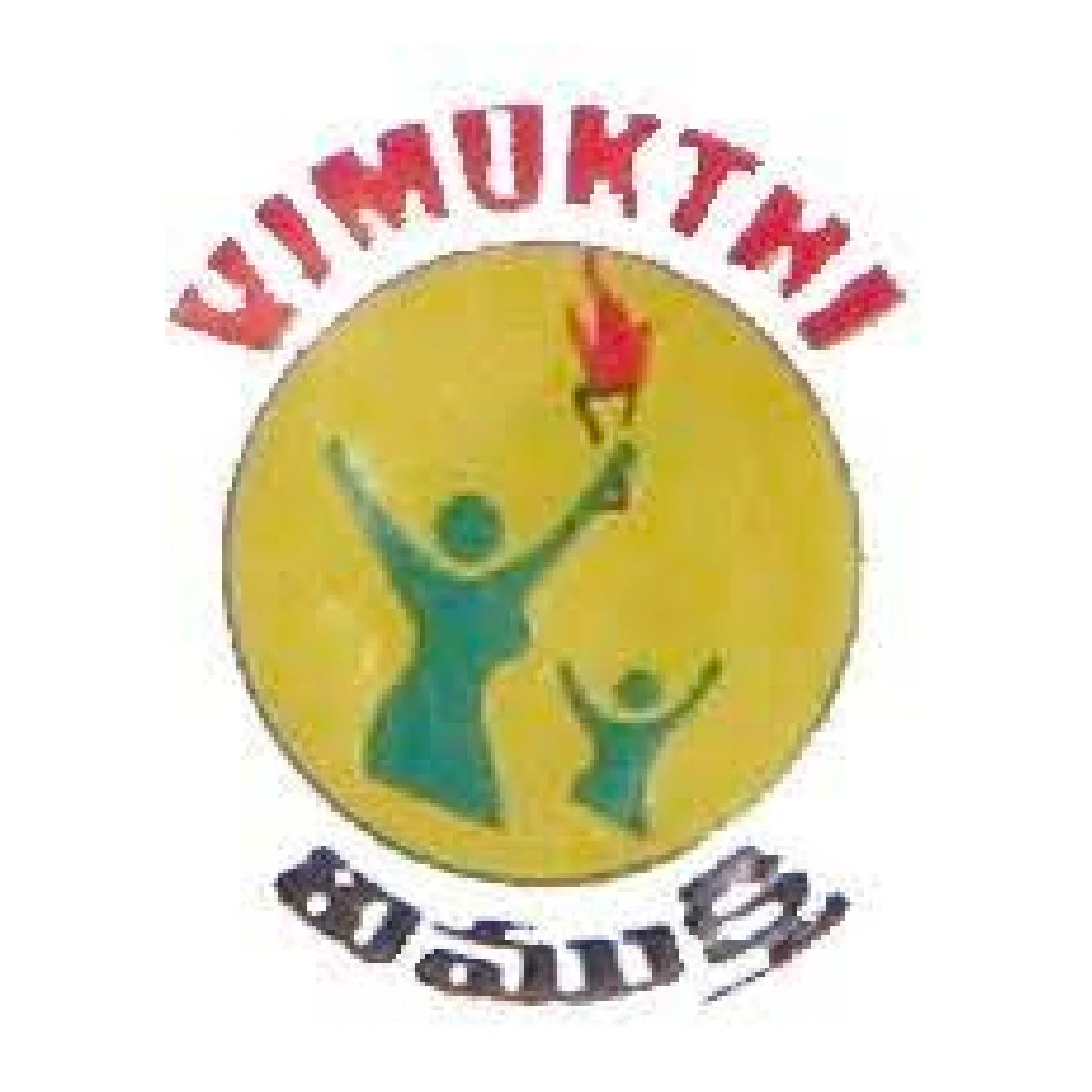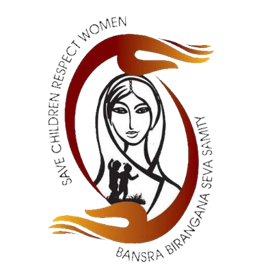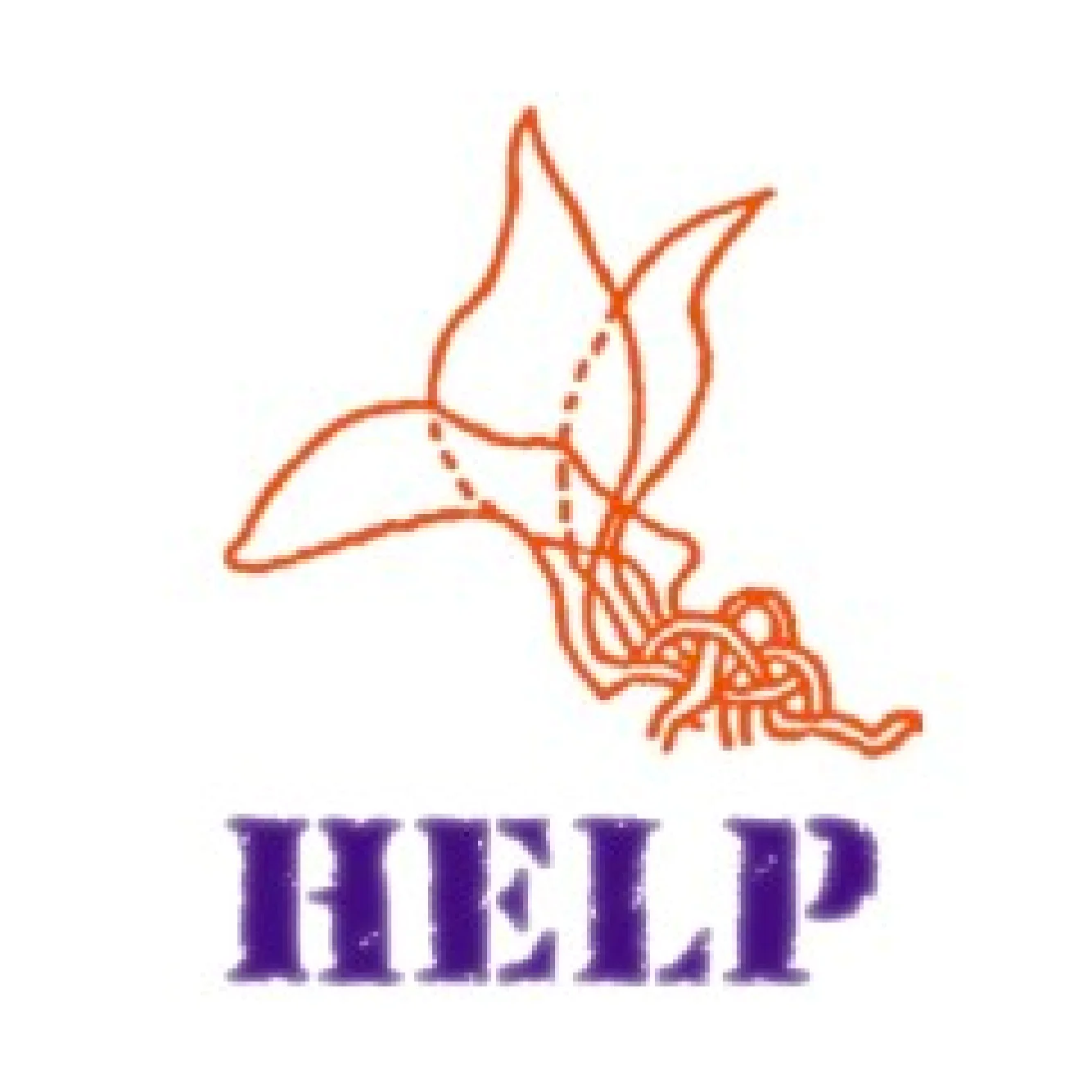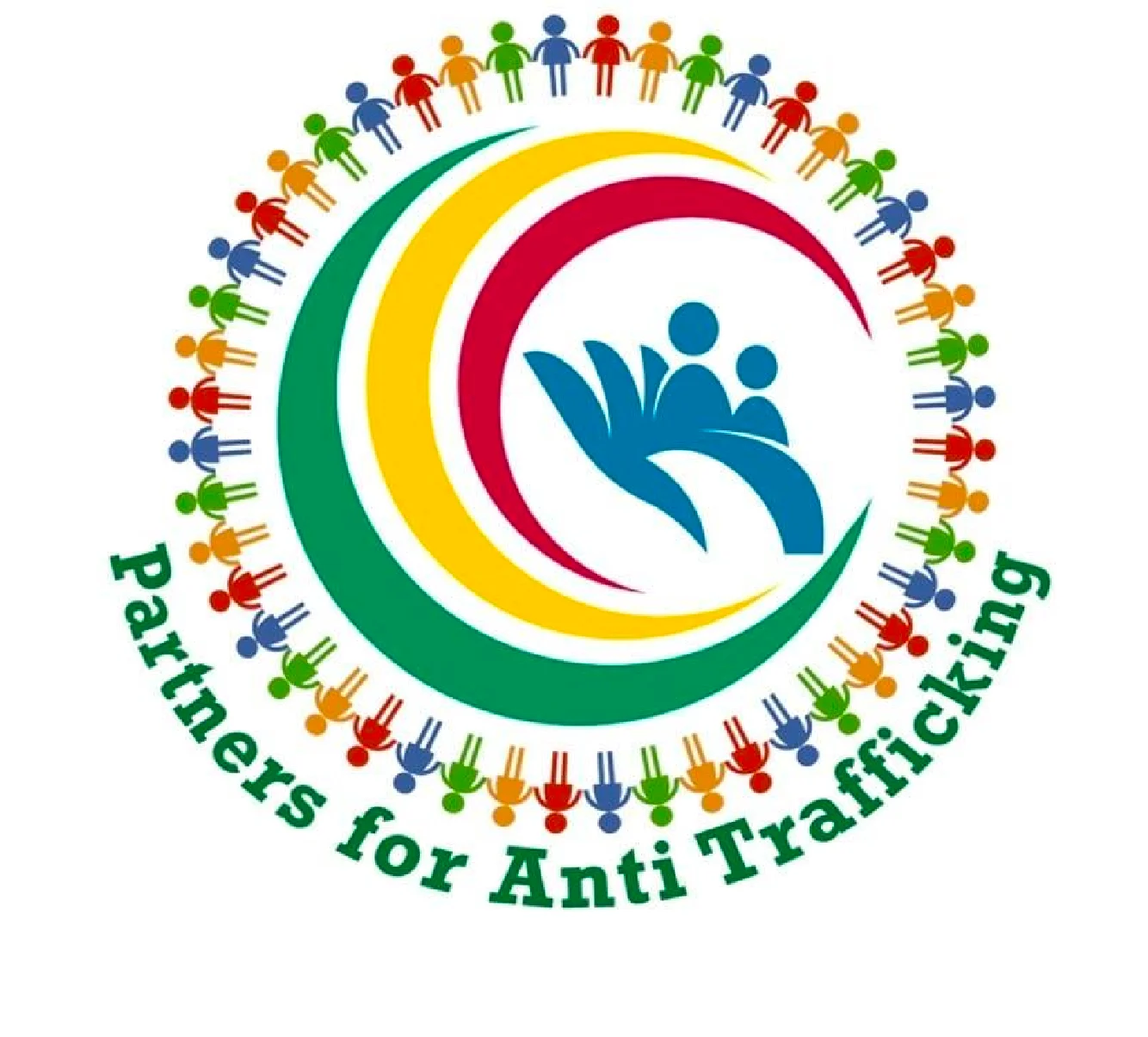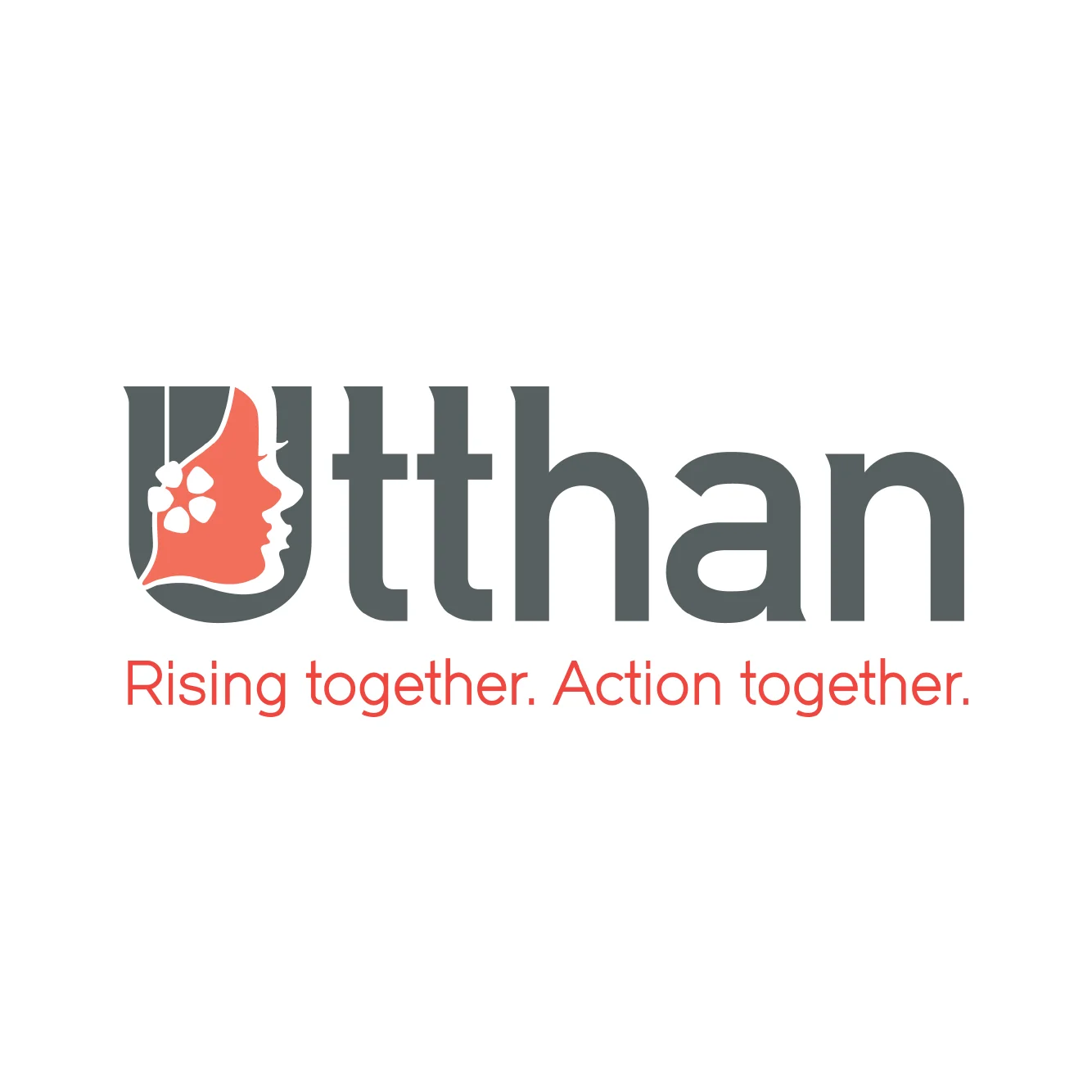A coalition against human trafficking
Tafteesh started in 2013 as an exploratory study comprising cases of human trafficking where the survivors were rescued in Maharashtra and were returned to their homes in West Bengal. Once the survivors returned home, they found that their traffickers who had lured, sold and transported them to their destination, were roaming free, while they (survivors) had to endure months and sometimes years of detention in shelter homes. The survivors, with the help of their families and a human rights organisation, filed cases against these traffickers in their local police stations. Subsequently, they were subjected to stigma from their communities, threats from the accused traffickers, and coerced by several local politicians, community leaders and police officers to withdraw their cases. With incomplete investigations coupled with procedural gaps, most of the cases failed to see a conviction to fruition. The study confirmed structural and systemic gaps in law enforcement and the judicial system, weak laws, and a policy vacuum. It pointed to a lack of resources and little accountability on the part of service providers. It became apparent that while the crime of human trafficking is highly organised, in India, the anti-trafficking response mechanism was highly fractured and disorganised. Tafteesh was designed with the intent to address these gaps and to strengthen legal and social systems for the delivery of justice to survivors of human trafficking in India. Today, Tafteesh is a coalition of survivors, lawyers, social workers, probation officers, psychologists, sociologists, researchers, investigation and rescue specialists, and human rights activists!
Helping survivors of trafficking
As a consortium-based programme, Tafteesh aims to strengthen the systems of justice delivery to survivors of human trafficking. It provides them the right to rehabilitation and strengthens their access to and participation within the systems of justice.
Right to rehabilitation
Since 2020, Tafteesh has been implemented across 3 states in India through 13 organisations, with the help of 2 survivor leaders’ collectives. The survivors and their families are supported by a specialised team of mainstream lawyers known as Tafteesh Lawyers, who help them pursue justice that’s meaningful for them. Tafteesh aims to:
- Address the gaps in the criminal justice system that underlie poor conviction
- Enhance survivors’ participation and enable them to claim their entitlements in the justice delivery mechanism
- Build capacities of Indian law enforcement agencies and strengthen the judicial system to improve investigation and prosecution methods appropriate to that of the organised crime of human trafficking.

